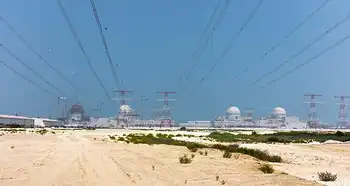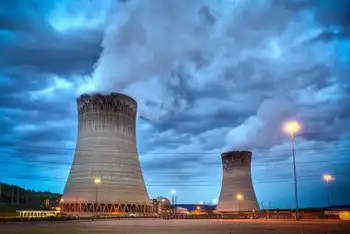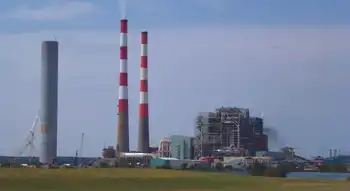Coalition says abandon smart metering
TORONTO, ONTARIO - The Ontario government would be doing consumers a favour if it were to follow the example of Hydro Quebec and abandon its plan to install so-called smart meters in all homes in the province, says the Ontario Electricity Coalition.
As in Ontario, the Quebec Liberal government had planned to equip all homes with the time-of-use meters. However, Hydro Quebec has decided that the expense of installing the meters would be borne by consumers through higher electricity rates, according to a CBC news report.
"Time-of-use meters are less about energy conservation and more about raising the cost of electricity to pay for private power generation," said coalition spokesperson Paul Kahnert. "When time-of-use meters are activated the price of electricity will increase by 70% for the 10 hours a day that consumers, especially small business need it most."
In Ontario, the meters will be used in a context where pricing is based on the open electricity market. With almost all new power generation in the province being private, costs will continue to increase. And, estimates of the increase on individual hydro bills to cover the cost of the meter itself range from $3 to $10 a month.
"There is little evidence that smart meters will reduce electricity consumption and plenty of evidence that prices will increase. The cost of installation alone in Ontario is more than $2 billion," he said. "There really is nothing smart about basing an energy plan on time-use-meters in Ontario homes.
"That money would be better spent on an effective energy conservation plan."
Related News

Several Milestones Reached at Nuclear Power Projects Around the World
LONDON - The world’s nuclear power industry has been busy in the new year, with several construction projects reaching key milestones as 2018 began.
EPR Units Making Progress
Four EPR nuclear units are under construction in three countries: Olkiluoto 3 in Finland began construction in August 2005, Flamanville 3 in France began construction in December 2007, and Taishan 1 and 2 in China began construction in November 2009. Each of the new units is behind schedule and over budget, but recent progress may signal an end to some of the construction difficulties.
EDF reported that cold functional tests were completed at Flamanville 3 on January 6. The…




